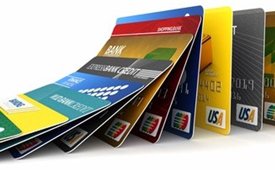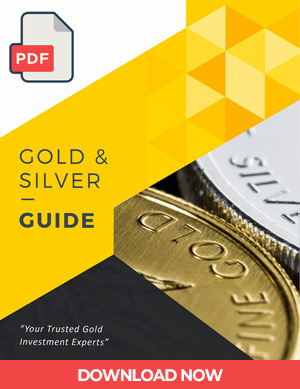New buyers are pouring into the bullion markets, and they have lots of questions.
![]() Bullion.Directory precious metals analysis 20 July, 2020
Bullion.Directory precious metals analysis 20 July, 2020
By Clint Siegner
Director of Money Metals Exchange
One of the biggest differences is that paying with your credit card will cost you.
Because of the very small margins on sales, bullion dealers pass along the merchant fees charged by Visa, Mastercard, and other card providers. The same is true for customers using PayPal.
Some dealers, like Money Metals, will present the fee as a separate charge at checkout.
Others will present two prices for items – a lower price for customer paying by check or bank wire, and a higher price if the customer wants to use a card or PayPal. At Money Metals, this additional cost is 4% currently.
Buyers are often surprised when this fee is presented.
 Retailers in high-margin industries simply absorb the fees as a cost of doing business. However, the bullion market is extremely competitive, and margins are super low. Dealers cannot simply eat these merchant fees as they can even be greater than the entire gross profit on a transaction.
Retailers in high-margin industries simply absorb the fees as a cost of doing business. However, the bullion market is extremely competitive, and margins are super low. Dealers cannot simply eat these merchant fees as they can even be greater than the entire gross profit on a transaction.
If you buy metal from a dealer which does not pass along the merchant fee, you are probably getting hit with hidden mark-ups.
For example, they may be selling you numismatic coins at rip-off prices. They have no problem paying Visa’s fee if they find a client foolish enough to pay 50% or more for a coin than it’s actually worth.
Honest dealers tend to discourage credit card payments. In addition to the processing costs they must pass on to their clients, dealers must wage a constant battle to fend off fraudsters.
Fraud is a major cost. Dealers can suffer losses, and they bear the expense of sophisticated fraud detection systems and personnel to manage them.
That is why, in addition to a 4% fee, clients will also find they are limited to small purchases if they pay with a card. Companies can’t afford the risk of shipping thousands of dollars worth of metal to a scammer using a stolen credit card.
It is always a better bet to make payment via check, money order or, for transactions above $3,000, bank wire. It may seem old school, but it saves money and you will avoid restrictions on order size.
You can still lock today’s price and then send your payment. Many new buyers assume they have to make payment on the spot in order to get the current price, but that just isn’t the case. You can lock pricing first and send payment later. Dealers just ask that it be sent promptly – within a day of ordering.
These days some people no longer write checks, but that is not a problem.
They can instead use their bank’s Bill Pay service, purchase money orders, ask the dealer to do an ACH debit, pay in crypto currency, or visit their bank to pick up a cashier’s check.
There are perhaps some reasons to pay with a card or PayPal.
For small purchases, the fee may be preferable to the hassle of going out to purchase a money order. Orders paid by card will also ship more quickly, as check payments must be cleared over 5 business days.
However, anyone who can avoid using a credit card probably should.
This article was originally published hereBullion.Directory or anyone involved with Bullion.Directory will not accept any liability for loss or damage as a result of reliance on the information including data, quotes, charts and buy/sell signals contained within this website. Please be fully informed regarding the risks and costs associated with trading in precious metals. Bullion.Directory advises you to always consult with a qualified and registered specialist advisor before investing in precious metals.











 Material provided on the Bullion.Directory website is strictly for informational purposes only. The content is developed from sources believed to be providing accurate information. No information on this website is intended as investment, tax or legal advice and must not be relied upon as such. Please consult legal or tax professionals for specific information regarding your individual situation. Precious metals carry risk and investors requiring advice should always consult a properly qualified advisor. Bullion.Directory, it's staff or affiliates do not accept any liability for loss, damages, or loss of profit resulting from readers investment decisions.
Material provided on the Bullion.Directory website is strictly for informational purposes only. The content is developed from sources believed to be providing accurate information. No information on this website is intended as investment, tax or legal advice and must not be relied upon as such. Please consult legal or tax professionals for specific information regarding your individual situation. Precious metals carry risk and investors requiring advice should always consult a properly qualified advisor. Bullion.Directory, it's staff or affiliates do not accept any liability for loss, damages, or loss of profit resulting from readers investment decisions.

Leave a Reply